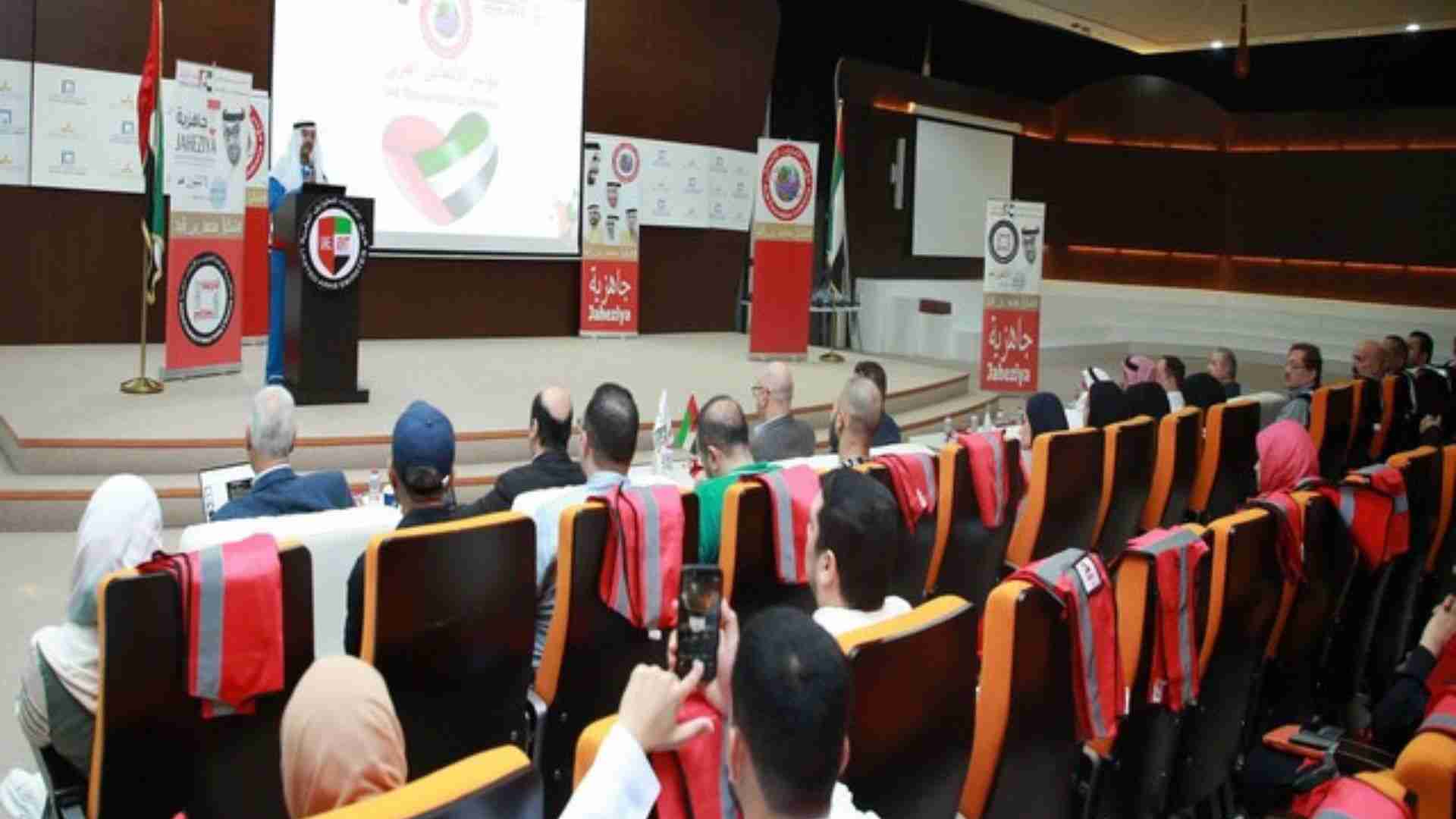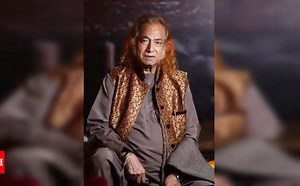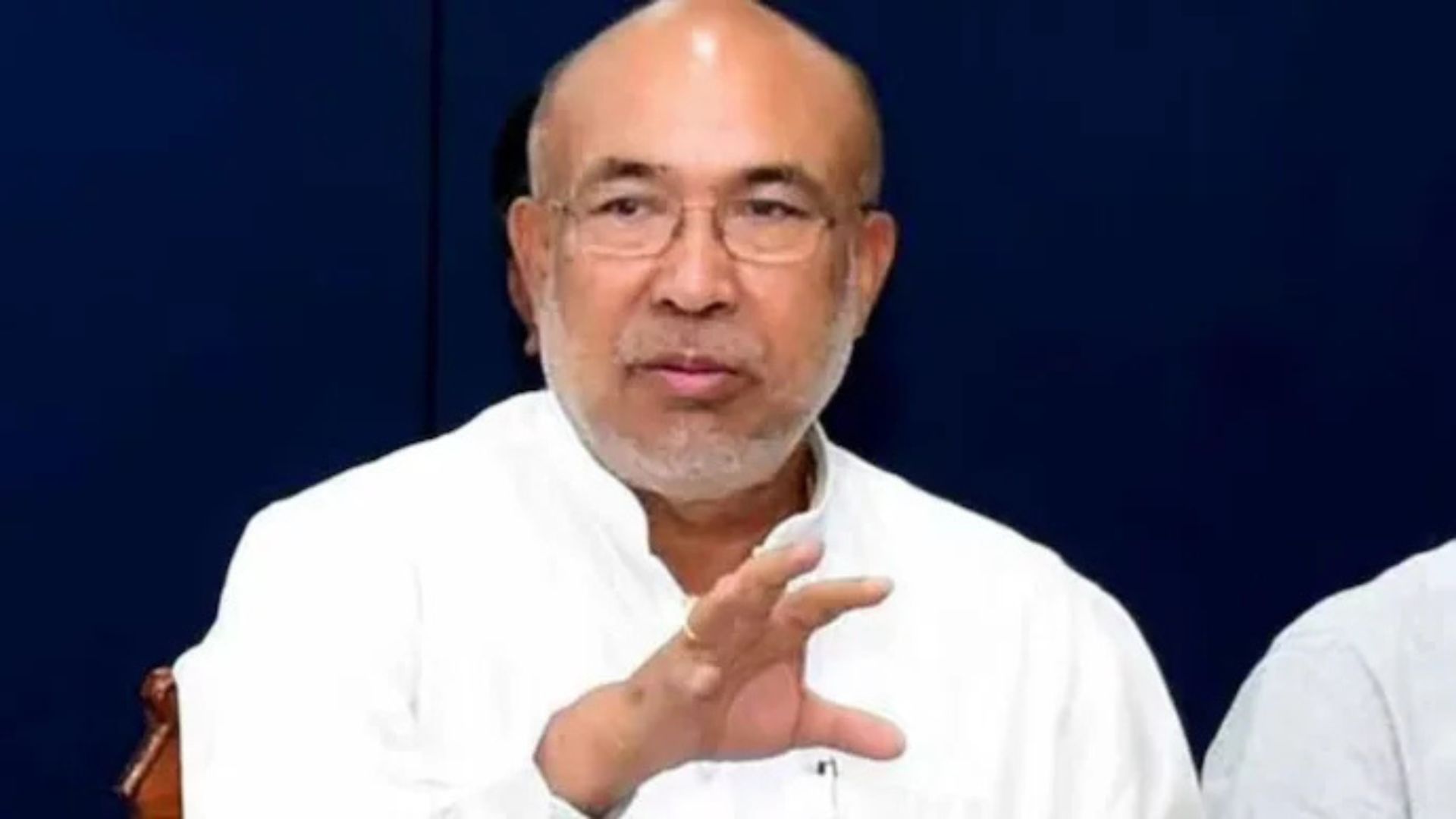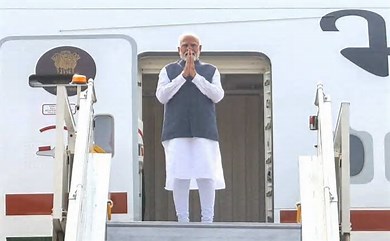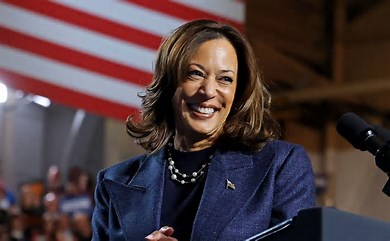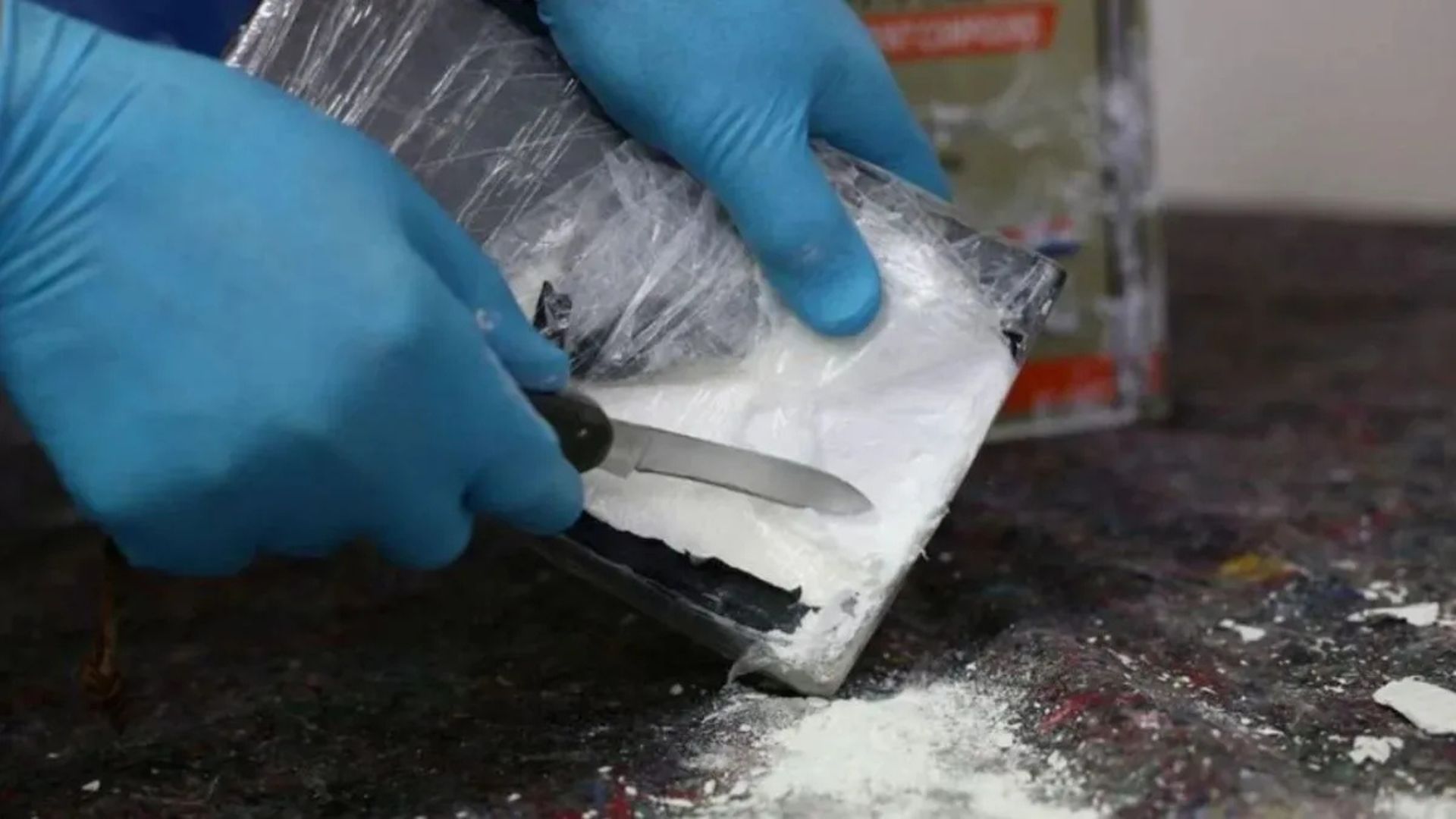One wonders why in the last 75 years no party could think of making a Tribal as the President of India. We had Presidents from the Scheduled Castes or Muslim but not from the Tribals that have lived on the fringe and have shared worse or similar situation.
25 July 2022 will go down as a landmark in India’s civilizational history and an epoch making event in democratic history of Independent India. All Indians must have held their heads high with pride when 64-year-old Droupadi Murmu took oath as the country’s 15th President. For the first time, the country saw a tribal getting elevated to the country’s top post.
Incidentally, she is also the youngest President India ever had and like Narendra Modi she is born in an Independent India. It is said that Droupadi Murmu was in the race last time too but she was edged out by her predecessor Ex-President Ram Nath Kovind. May be she was too young that time and the Gubernatorial assignment of Jharkhand (2015-21) prepared her for this role.
Empowerment is a key word in Modi regime. A chaiwala became the Prime Minister in May 2014, courtesy the desire of people to see change and empowerment of the poor. Ever since then Prime Minister Narendra Modi has been trying to empower the deprived, socially suppressed and the poor. Droupadi Murmu’s elevation to the President of India is a high point of that process. The one she succeeded, Mr Kovind, was a Dalit.
Those who offered unwanted comments or criticisms must rethink and atone for the sins they have committed by uttering those unsavoury remarks. If they were aware of tribal living and the efforts one makes to come up to top of the ladder one would not say so. It is actually a life of struggle where every day a tribal suffers existential issues and a life of humiliation when he is faced with the westernised section of the society.
Tribals face multitudes of problems in their daily existence. Their dependence on land and forests and depletion of these two crucial resources is causing havoc with their day to day living. Most times they end up being landless labourers. The health parameters are not good and access to good things of life is missing.
And if a person from such a deprived section of society comes to adore the highest constitutional post, this must become the reason for everyone to celebrate. This is triumph of democracy and this has become possible without any revolution or armed struggle. This shows the desire of the nation to recognise and empower the most deprived.
This step by Modi Government has earned him a secure place in the heart of the Tribals and the poor who have been living on the margins of social hierarchy. One does not have to feel shy of one’s identity. One does not have to adopt Western notions to face the mainstream. One can be a true Tribal, speak one’s language with pride and yet one would be given the respect that is due to him.
This is what makes Droupadi Murmu unique. She stayed in her identity with a sense of pride and earned respect. In that way this is a triumph of her Tribalism and a message to all not to delink from the roots in search of Western values. She never imitated those who claimed to be modern but acquired arrogance in the process. She braved personal tragedies and drew inspiration from her scriptures and spiritual solace from Brahma Kumaris. These did not allow her to be a recluse.
Prime Minister rightly said when she had become the NDA’s candidate for the country’s top post: “Millions of people, specially those who have experienced poverty and faced hardships, derive great strength from the life of Smt Droupadi Murmu Ji. Her understanding of policy matters and compassionate nature will greatly benefit our country”.
Even when she kept a low profile, she is not a green horn in politics. Ever since she joined the BJP in 1997, the political journey has been silent but certain. Many BJP leaders who met her as a party colleague say that her demeanor emanated calmness. She had become vice president of the BJP’s Odisha Scheduled Tribe Morcha and later president of the Odisha Mahila Morcha.
She served as a minister in Odisha government when the BJP and the Biju Janata Dal were alliance partners in early 2002-2004. She later became the Governor of Jharkhand. She is educated and knows the meaning of her elevation. She said: “Satisfying to me that the people who were devoid of development for years -the poor, Dalits, backward, the tribals- can see me as their reflection. My nomination has blessings of the poor behind it, it’s a reflection of the dreams & capabilities of crores of women”.
She made the cut from among 20 probable names the BJP considered according to party president JP Nadda. It was a conscious decision to make a Tribal woman as the candidate. The BJP’s choice was ratified by the support that came from various corners including from outside the NDA (National Democratic Alliance). She polled 64 per cent votes of the electoral college.
Some critics of the NDA have questioned if these would lead to empowerment of an average tribal. Or, whether she would be able to work for betterment of tribal lives? The Modi Government is already working tirelessly for tribal uplift. Already the government has decided to open at least one Eklavya Model Residential School for every block with at least 50 per cent Tribal population and at least 20,000 tribal population. Already special medical schemes have been launched to take care of diseases prevalent in tribal areas. Focus is being given on promoting sports and cultural activities in Tribal areas.
Nominating a person to the top post is recognition of the person’s personal capabilities and also the social group one belongs. This is a moment of pride for Tribals who have largest percentage of poor and who have stayed in the margins. This is likely to help them demand what is due to them and may not be reaching them due to bottlenecks in the old system.
On Sunday (24 July), the Prime Minister asked BJP ruled states to increase coverage of Government’s welfare schemes and to boost the business environment. Full and faster implementation of ‘Her ghar Jal’ (drinking water in every home), Direct Benefit TRanser (DBT) and Swamitva schemes are directly going to benefit Tribals.
While the Government needs to work professionally to deliver good governance, it also needs to take decisions to make people feel empowered. It raises social awareness and increases consciousness about overall development of society. This explains why national awards are being given to non-descript individuals working in remote areas but contributing substantially to country’s progress.
That a Tribal woman is head of the topmost constitutional post is the biggest statement India can make about its conscience. The spirit befits the Amrit Mahotsava being celebrated on the occasion of 75 years of existence as an Independent Sovereign nation.

